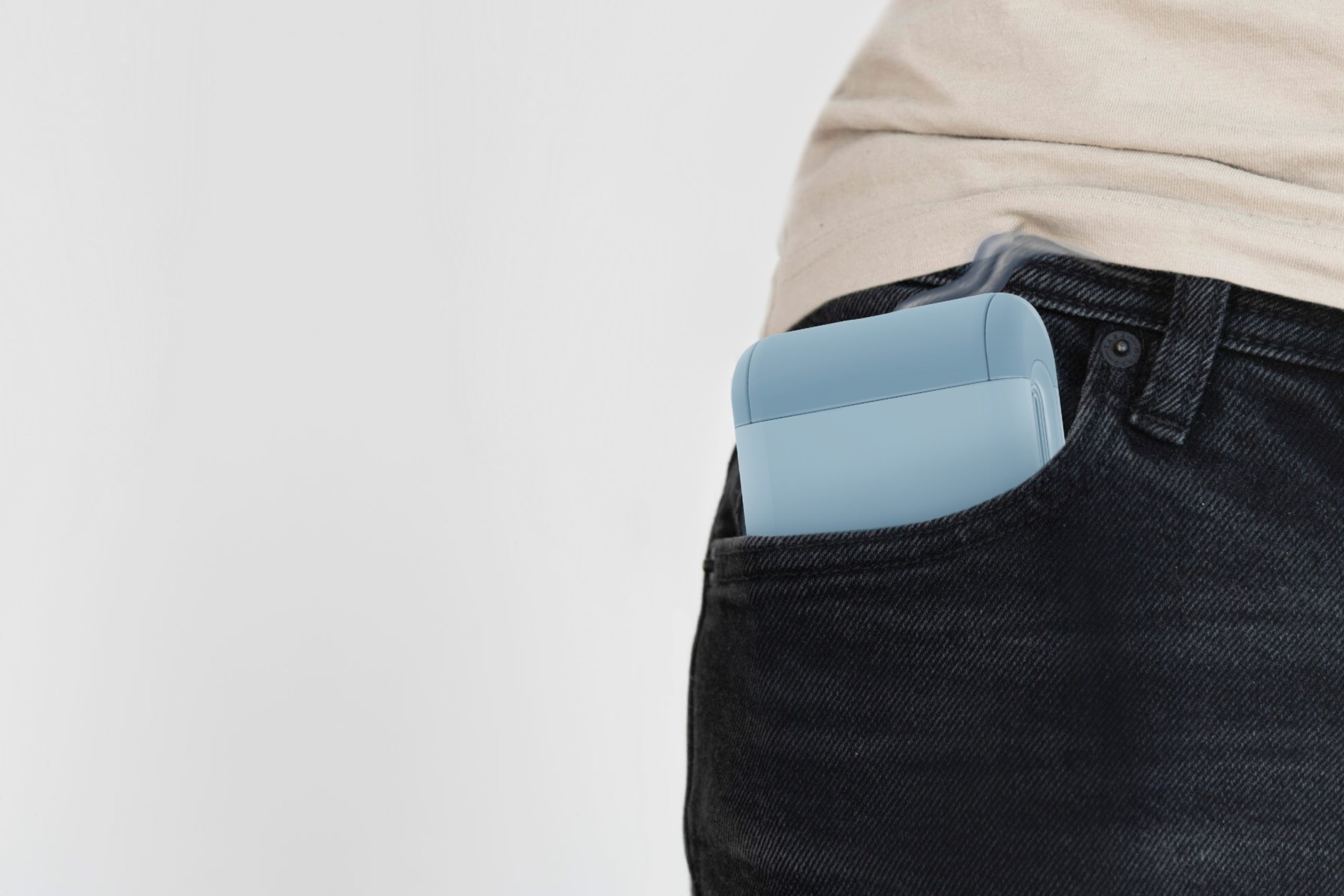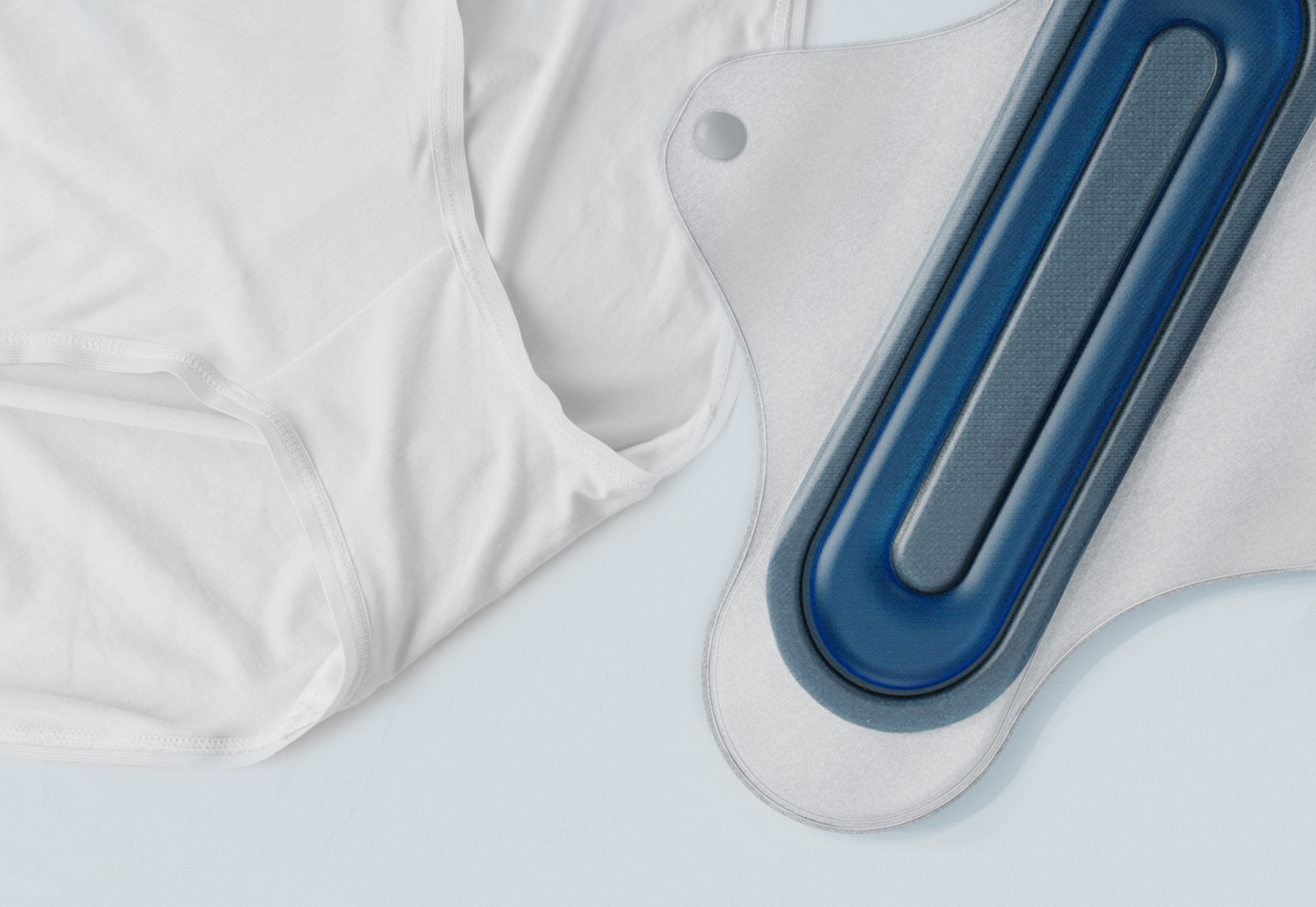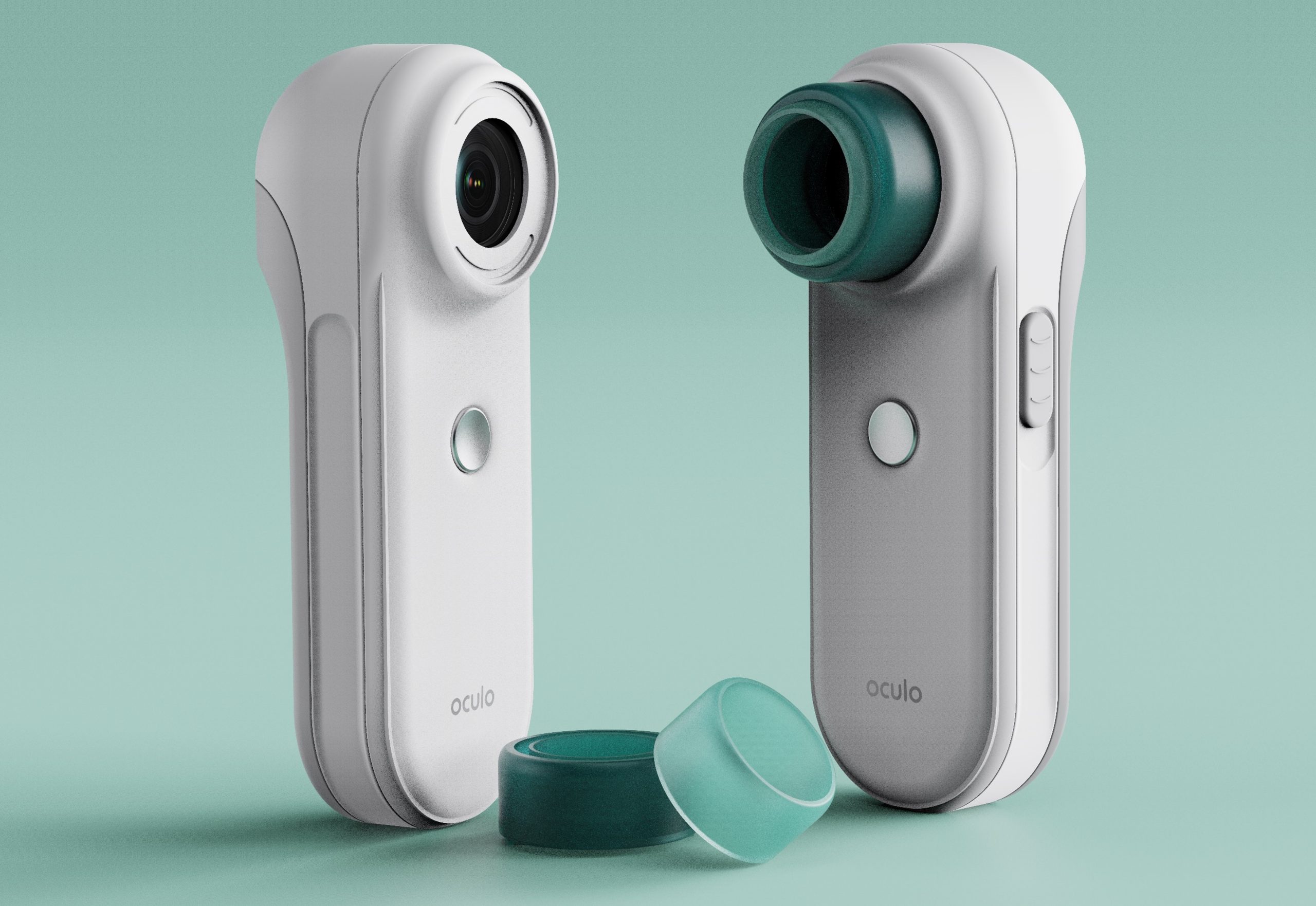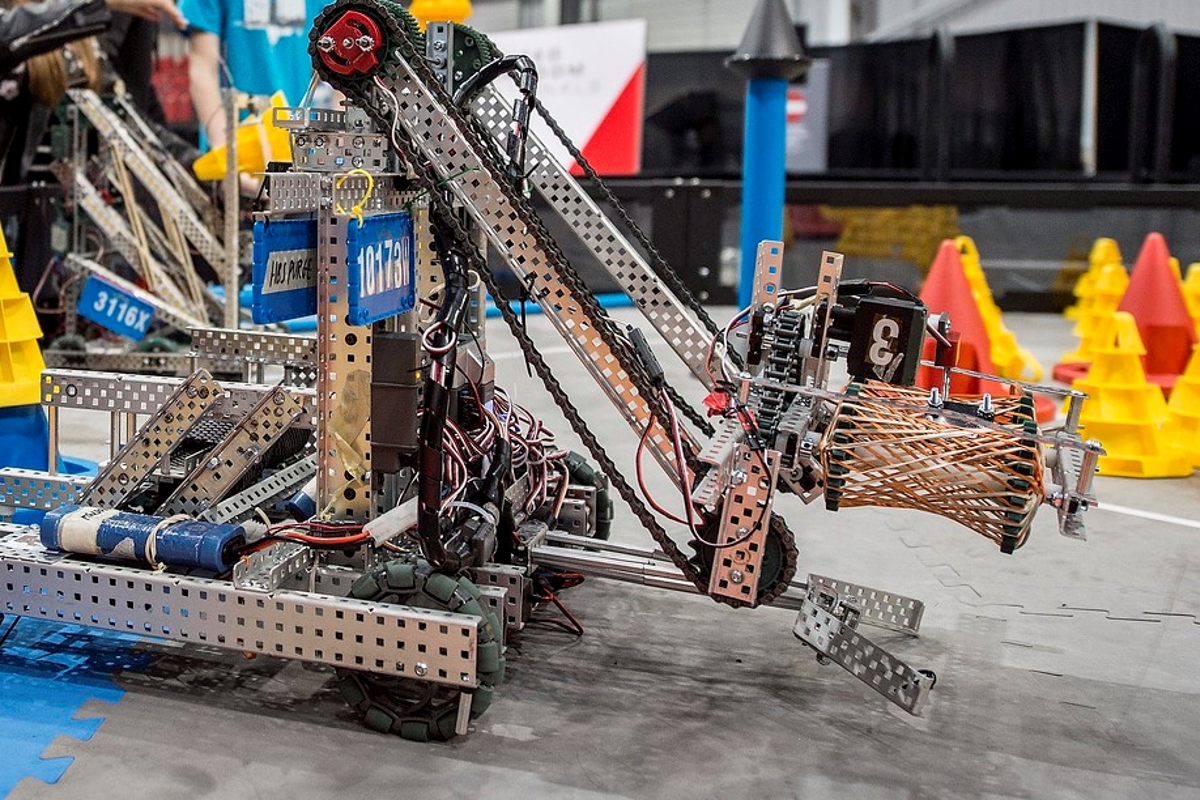I enjoy using a technology-focused approach to create meaningful solutions that improve quality of life. Combined with a high level of empathy, I put the user at the heart of the design process to provide product experiences that matter.
Final year project
Maia - a new system for perineal tear pain relief, monitoring and support for mothers during the postpartum period.
Maia - a new system for perineal tear pain relief, monitoring and support for mothers during the postpartum period.
Birth trauma exists. A perineal tear is an injury to the vaginal/rectal skin and soft tissue, the unspoken consequence of childbirth. In 2020, around 36,800 women suffered from third/fourth degree perineal tears in the UK alone (requiring major surgery). Sutures take 6+ weeks to heal, with perineal pain lasting up to 6 months and often much longer.
Designed in collaboration with leading UK birth trauma experts and healthcare professionals, Maia is the first perineal tear recovery kit providing women with on-demand, low maintenance and reusable cooling pain relief, as well as tear surface temperature monitoring for early infection signs. Combined with a digital companion app, the Maia system tackles numerous deficiencies in maternal healthcare associated with perineal tear management.
On-demand and on the go.
Maia provides pain relief wherever and whenever the mother needs it, reducing the inconveniences of everyday pain management and maintenance by providing this reusable relief at the touch of a button. Through the use of an efficient liquid cooling system, the user simply has to initiate the process and the padded liner covering the product provides pain relief.
Discretion and comfort are key.
Other solutions on the market do not fully address discretion and privacy associated with perineal tear management. The Maia wearable system allows for familiar interactions regarding efficient cooling and comfort without being bulky like a cushion or high maintenance. This allows a new mother to use this wherever she wants without feeling conscious or embarrassed.
Customisable and interchangeable.
New mothers come in different shapes and sizes - as a wearable, Maia also comes in different sizes and shapes that are custom selected to work optimally for the mother. Different colourways are available for the cooling unit, giving the mother the feeling of simply carrying an object resembling a portable battery and less medical-looking.
Disposables and reusables - making maintenance easy.
Maia comes in two separate parts - a reusable kit and a disposable kit. Pad liners, reusable fabric sleeves and spare gel packs are provided on a subscription basis - direct to the consumer or available in stores and more importantly, reducing maintenance and improving routine and hygienic management. The reusable kit includes the technology-based units that are returned following the termination of the recovery period.
Recovery is mutifaceted - a digital companion to tackle emotional recovery.
The Maia app closes the loop between new mothers, midwives, support groups and primary carers/healthcare professionals. Features include being able to speak to other mothers or primary carers on a regional/local level, tracking and temperature monitoring wirelessly, educational material and guidance for tears, finding local midwifery support and scheduled classes to structure the care routine.
Oculo - tackling diabetic retinopathy eye monitoring on a local care level.
Oculo is the first genuinely patient-centric retinal imaging device, giving diabetic retinopathy sufferers the ability to monitor their eye health/condition progression at home and on the go. Oculo encourages users to take ownership of understanding and routinely monitor their eyes (supported by the app integration). Providing a non-mydriatic monitoring method based on existing fundus camera principles, Oculo incorporates imaging technology into a user-friendly format. The scanning technology can pick up changes in blood vessel thicknesses, floater frequency and abnormalities - early detection in the user’s hands.
Competitive Robotics
VEX are a global robotics company that provides a new game for students each year, requiring teams to design, build and program robots. I took part in this from 2016-to 2018, adopting a range of technical and problem-solving skills regarding mechanical complexities and challenges.
Aashi Srivastava
Final year project
Maia - a new system for perineal tear pain relief, monitoring and support for mothers during the postpartum period.
Awards
'22 Diploma of Professional Studies
Triumph Design Awards 2018 Finalist - I designed CORY, a supportive aid to help children with cerebral palsy in sitting down and standing up from primary school chairs (in the form of an adaptable and assistive handle device that provided external and automated support). I had the opportunity to attend these awards in person at the Triumph Motorcycles HQ in Hinckley, where I spoke to the general public and industry experts about my project.
Manufacturing Technologies Association (MTA) TDI National Awards Runner Up 2018 - I attended this competition with project CORY (described above) and won second place, receiving £1000 in prize money.
VEX Robotics World Championships 2018 Qualifiers - My team and I qualified for and attended the World Championships in Kentucky, USA.
VEX Robotics UK Nationals 2018 Excellence Award - My team and I won the Excellence Award, given to the best team at the National VEX event.
VEX Robotics UK Regional 2017/18 Winners - My team and I won various regional competitions and awards (Excellence, Design etc.) which qualified us for the UK Nationals.
Triumph Design Awards 2017 Finalist - I designed a futuristic concept of a device that could be used to filter oil efficiently out of the oceans at the sites of majorly destructive oil spills.
Work Experience
My placement year at The Technology Partnership (TTP plc.) allowed me to dive further into the complexities of healthcare/medical design. As a part of the Human Factors team, my role as a product design consultant involved providing significant input in various stages of projects - from ideating and concept development to client handling and user testing with prototypes I designed. It opened my eyes to the future of medical advancements in various areas, such as eye care, surgery, diagnostics and more. Being an advocate for simple and elegant user-centred design within multidisciplinary teams allowed me to develop my interpersonal/communication skills, as well as understand the role of product design within this industry/business setting. I also strengthened my skills in rapid concept generation, business development, innovation and strategy, detailed CAD/design for manufacturing, UI design and more.
I spent two weeks at the Royal Bank of Scotland (RBS) working with engineers and understanding how applications are often managed in live workspaces (change/incident management with software). Communicating with engineers in different industries allowed me to improve my interpersonal skills and collaboration confidence.
I have volunteered at VEX Robotics events, involving responsibilities in helping to run the events and score the matches. This required taking responsibility for time management and organisation of the running of the events while communicating with teams throughout the day.







